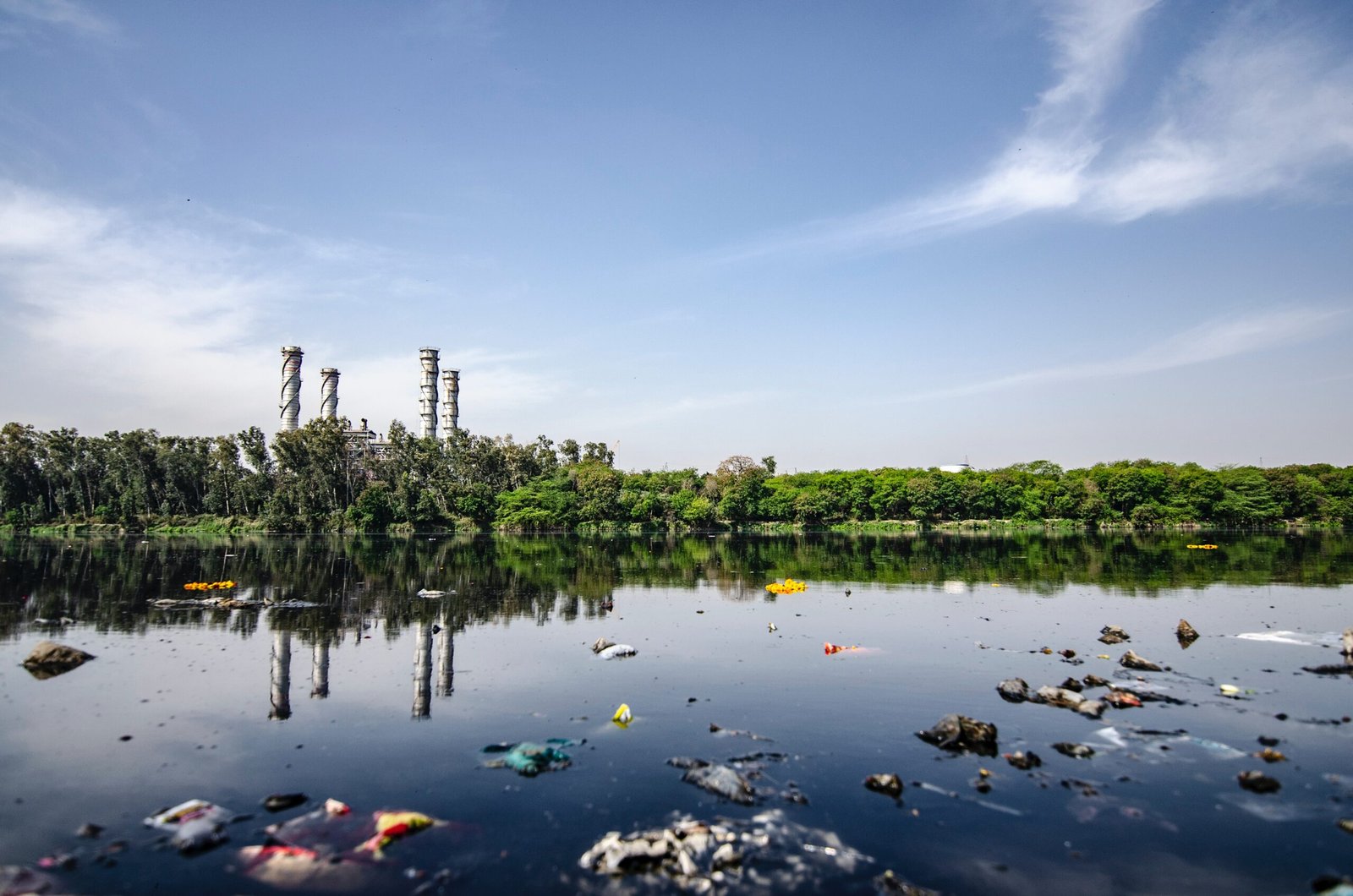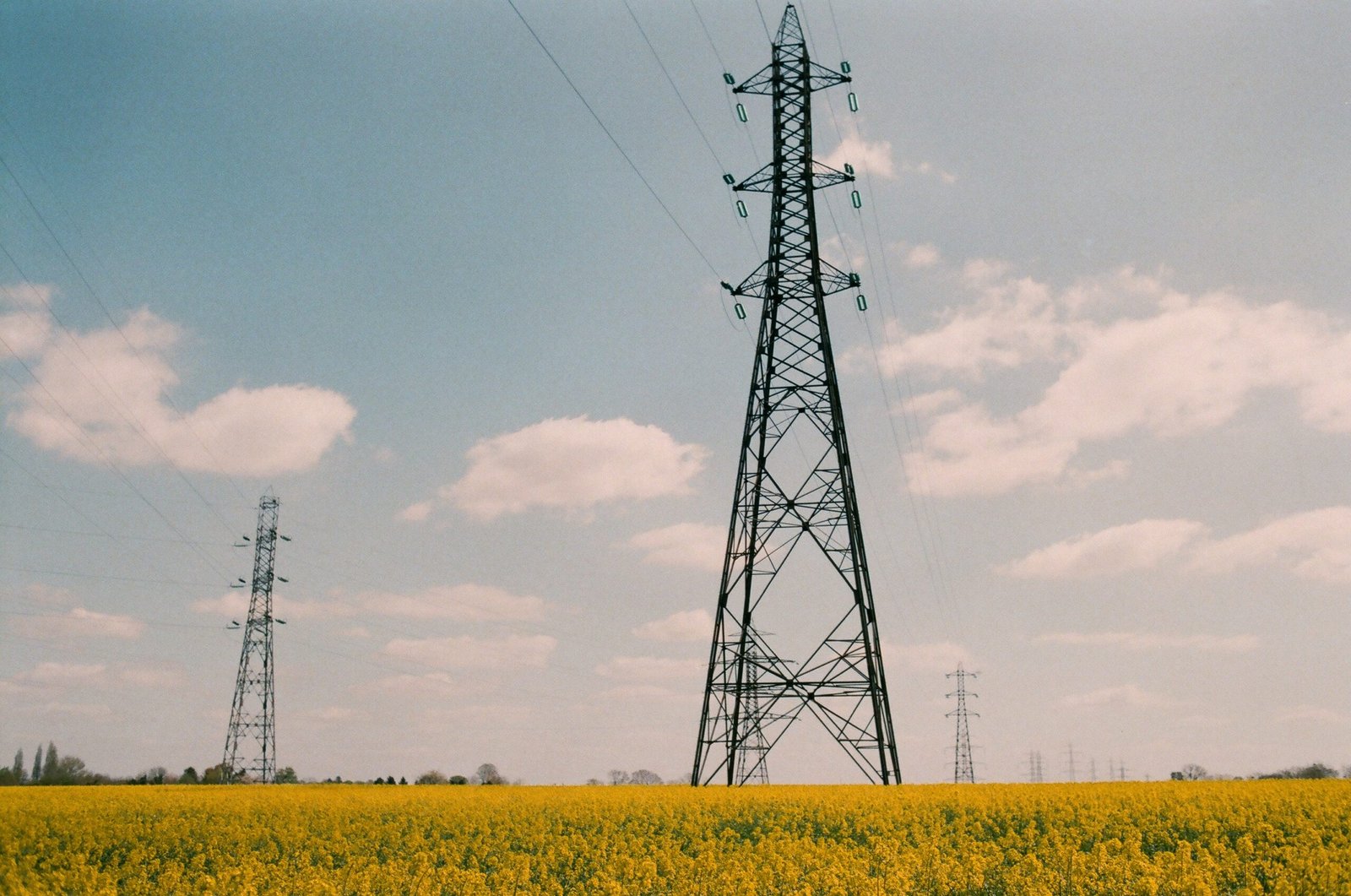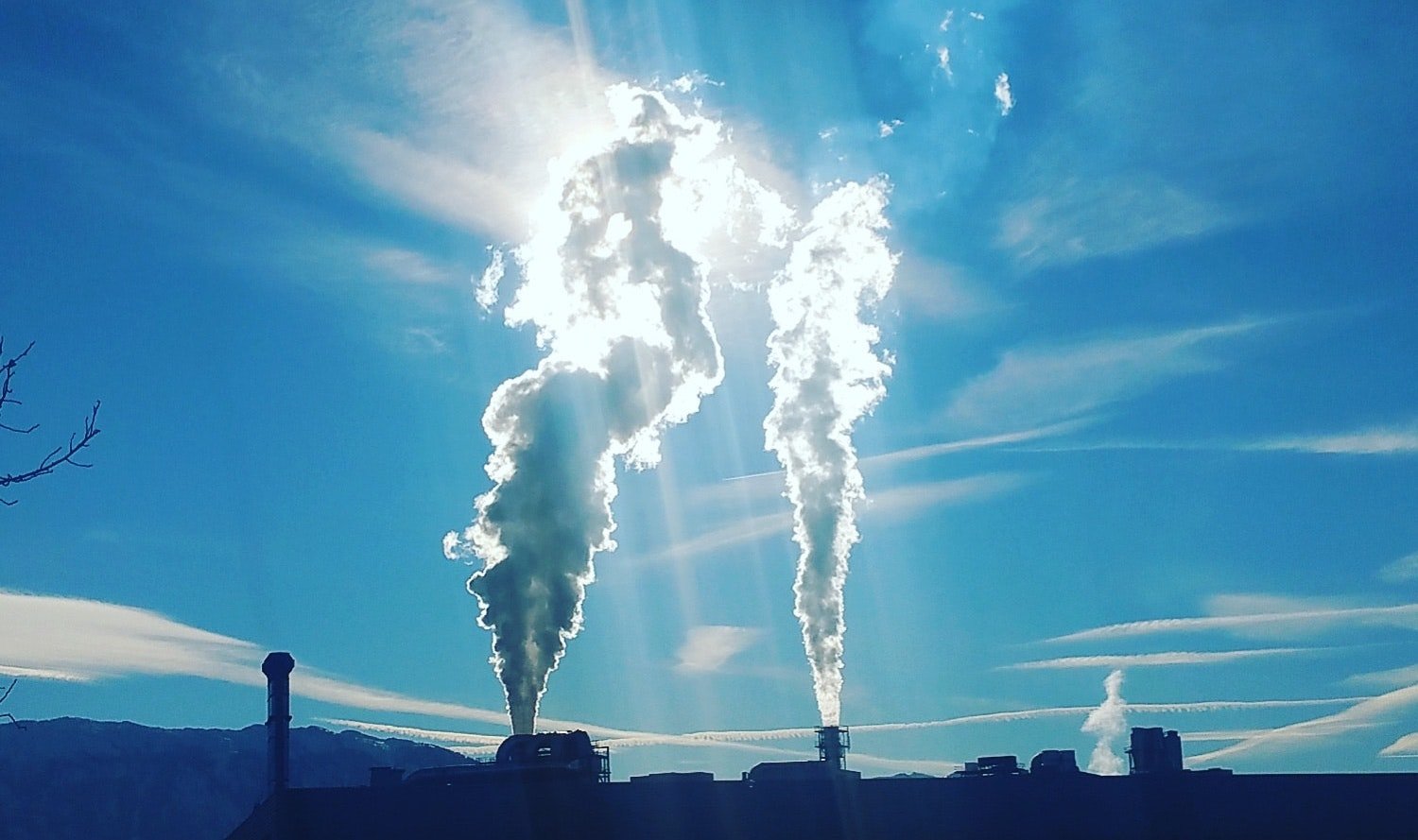The Paris Climate Summits have left citizens desperately searching for ecological answers, we’re hungry for solutions and eager for change. The 196 participants signed an agreement that marks a turning point in the fight against climate change. Among other aspects, the participating governments (including China and the United States, considered the most polluting regions on the planet) plan not to exceed the 2ºC limit.

This temperature is used to calculate the threshold of damaging effects to our atmosphere, based on unlimited scientific research. However, to achieve this, the signatory countries of the COP21 agreement have proposed to reduce the emission of greenhouse gases, in order to limit the increase in global temperature and the rise in sea level, which threatens islands and coastal cities during the next century.
Highlighted as one of the major challenges in the wake of climate change is the need to reduce organic waste, both commercially and individually
With advanced technologies we have the ability to produce electricity for our homes and combat climate change, all the while creating solutions to our waste problem. In Washington, there are industrial plants working with organic waste as “raw material” to produce electrical power. These plants will take advantage of the 1,400 million litres of wastewater produced daily by two million homes in this North American city.
To filter this wastewater, an action called ‘purging’ is carried out by microorganisms which will transform the organic waste into nitrogen gas. Once the bacteria act on the treated streams, the water is clean enough to be returned to the Potomac River or Chesapeake Bay without disturbing natural ecosystems, the plant’s engineers say.
Additionally, the plant aims to produce enough electricity to power 8,000 homes in Washington using only organic waste. However, this figure works only in theoretical terms, as the plant consumes most of the generated electricity to operate without external power.

Harnessing this electricity can provide an alternative source of energy, while reducing our waste in the country. Wastewater runoff from American homes can be transformed into gases which can then be used for combustion and consequently, energy. It’s a concept many companies are investigating and inventing new solutions. Utilizing our waste and recycling it into our economy is a major step contributing against climate change.
Thanks to innovative technologies and forward thinkers, we are moving closer to an ecologically conscious country supported by sustainable energy. This is not only the greenest option, but an economically supported venture that will bring harmony to our environment.








Itís difficult to find knowledgeable people about this subject, but you sound like you know what youíre talking about! Thanks
Excellent article. I certainly appreciate this website. Stick with it!